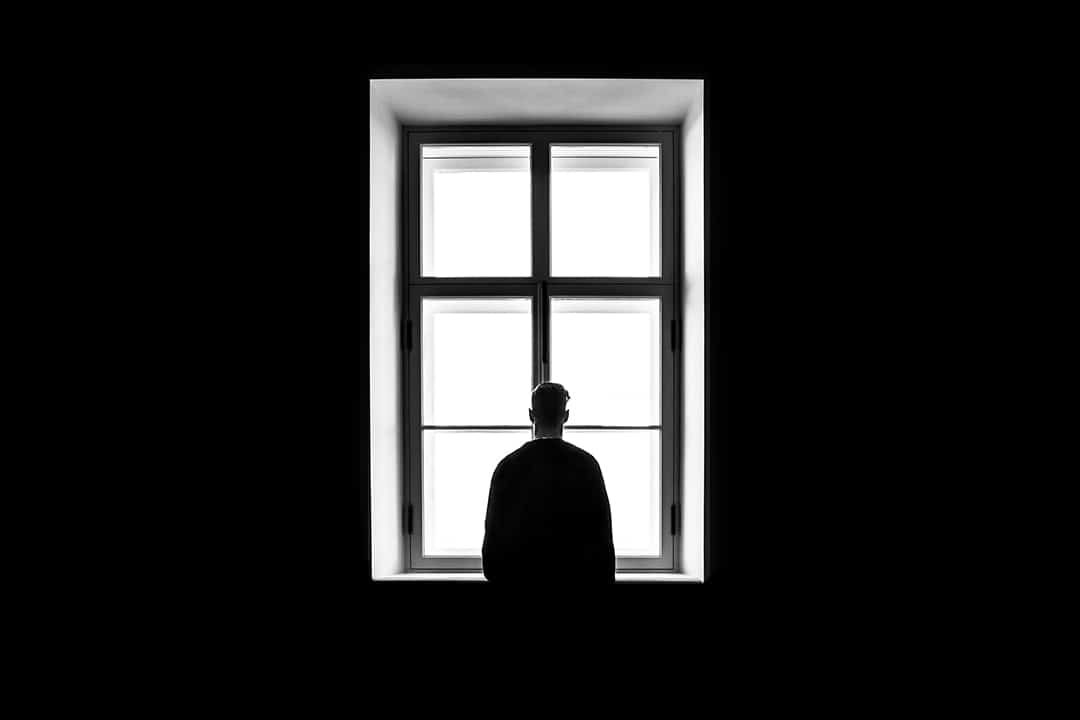Introduce the term escapism and in relation to mental health & Islamic practices.
This month we will be exploring the relationship between Islamic practices, escapism and mental health.
Simply put, we will discuss how people can use certain practices to ‘escape their problems’, when in fact the actual heart of the problem is not reflected, worked upon, or solved. Sometimes it is easier to bury oneself away or further into something else. Using another means for a distraction to a problem and the reality of it, rather than the actual benefit or advantage of the practice/s, is common.
Escapism, defined by Merriam-Webster: “habitual diversion of the mind to purely imaginative activity or entertainment as an escape from reality or routine”. This can be interpreted as avoiding reality by submerging ourselves in a fictional world where the problem does not exist at all.

When we escape, we may be trying to avoid spending time with ourselves. Escapism can be the opposite of mindfulness, which we discussed in August. Escapism allows us to numb ourselves to a reality we may not want to accept. This way we can avoid feelings of emotional pain, of living in the moment and mindfully.
Not to say escapism is all bad news; when things seem overwhelming, sometimes we need an escape. We need that break from struggle, hardship, negativity and the unrelenting darkness – everyone’s escape is different. This depends a lot on what someone is running away from, mentally, emotionally or physically.
When all we see is disaster on the news or one’s life, it is natural to escape into an activity wholeheartedly, or seek pleasurable catharsis from any means. Escape can be key in self-care – when social media is overflowing with combative beliefs, it is okay to escape with the unfollow button. It is acceptable to make yourself feel good when you are feeling bad, within moderation.

When we have an aspect of our lives, which we want to escape from, with enough repetition, we come to view ourselves as a separate entity from the one that had negative traits or circumstances. This partial destruction of self and dissociation are common.
This is relevant to people with mental health problems, because often our own realities are the enemy, so a way to escape is considered a blessing. In some ways, it can be, but it is also true that we can only escape reality for so long before we have to return, and re-entry may not be so welcoming.
The coping process of escapism is common to many people in difficult situations through time. Even during the Great Depression, when people could not afford anything, they still went to the movies as a form of escapism.

Whilst we seek an escape route from the pressures of reality, we can find ourselves facing increasingly challenging circumstances. In terms of our mental health, that may manifest in acute sensitivity to pain, anxiety and depression.
As a result, the methods used to deal with the issues may result in an individual becoming addicted – not limited to: anger, drugs, alcohol, retreating into a fantasy world of gaming, internet browsing, or simply daydreaming one’s life away – away from living in the real world.
People may feel the need to take action to help relieve persistent feelings of depression, unrest or general sadness. We may simply think an act of worship will ‘tick the boxes’, but when done or understood incorrectly, it can become another issue, easily done in today’s society.

We see this often, such as individuals thinking marriage will be a solution to their already existing problems. However, more problems could arise, as well as additional responsibilities, duties, along with emotional and financial burdens – especially when the practice is considered as the only solution.
It is important that we understand the practice/s better and not naively think that things will get hunky-dory just by doing something Islamic, moreover when our hearts and minds are not in harmony with the practice/s.
Can you think of when you have used escapism and to what effect?




